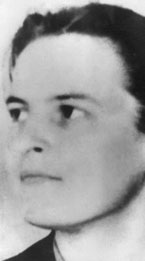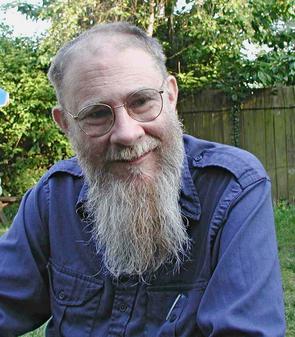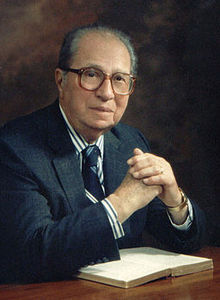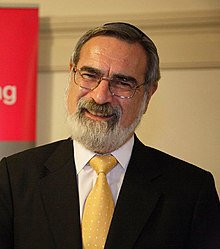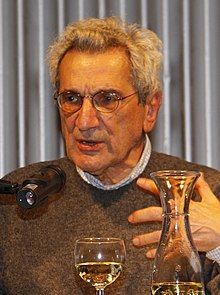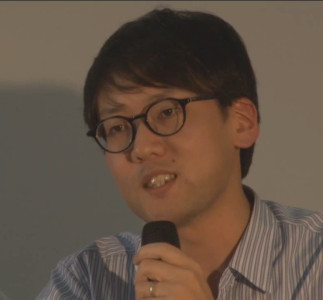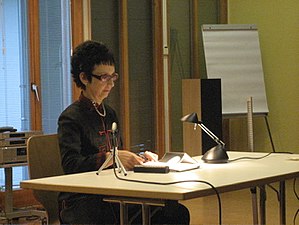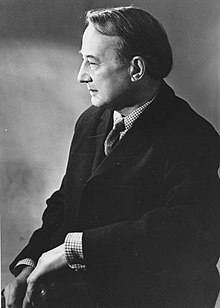"For years, I would spend time, in cafés, for example, staring at objects saying to myself: 'I see a packet. But what do I really see? How can I say that I see here anything more than a yellow expanse?' ... I always hated phenomenalism and felt trapped by it. I couldn't see my way out of it but I didn't believe it. It was no good pointing to difficulties about it, things which Russell found wrong with it, for example. The strength, the central nerve of it remained alive and raged achingly. It was only in Wittgenstein's classes in 1944 that I saw the nerve being extracted, the central thought 'I have got this, and I define 'yellow' (say) as this' being effectively attacked."


